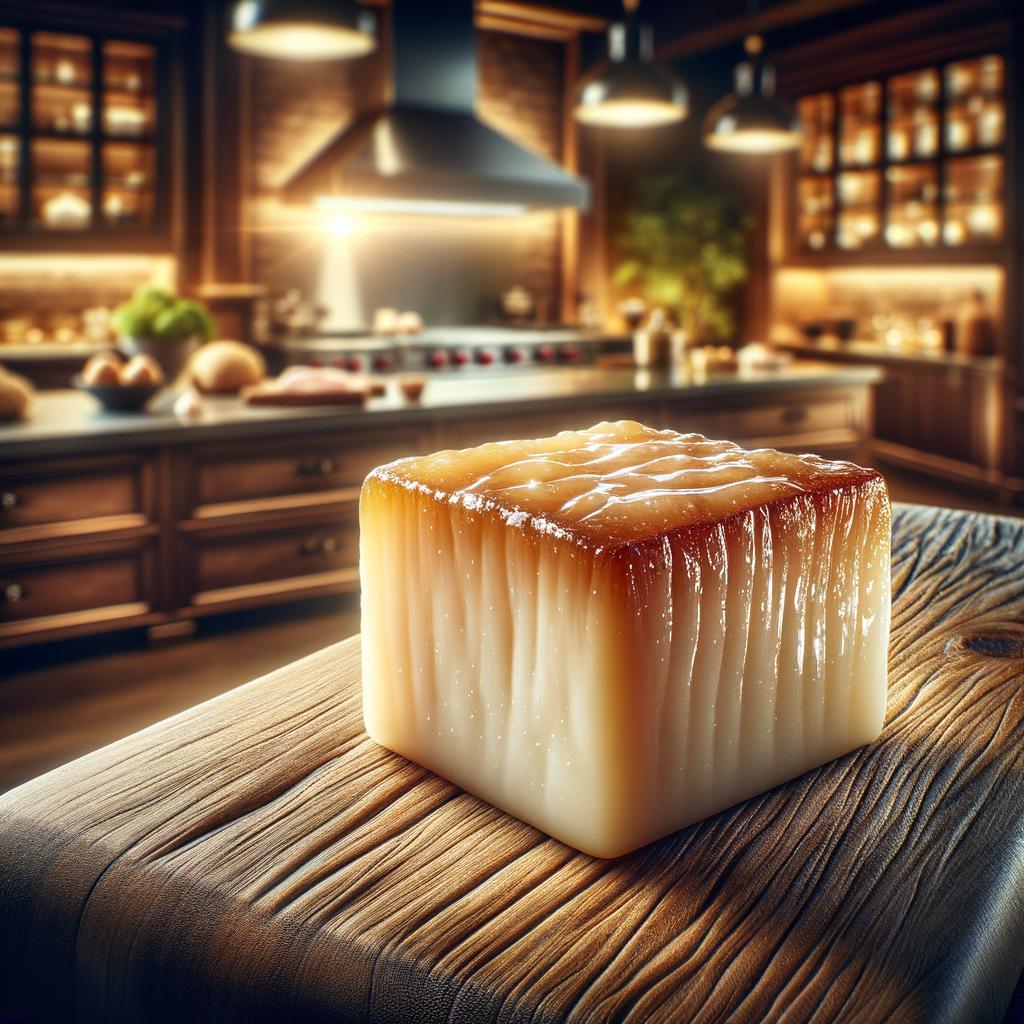Lard

Description Lard, a simple ingredient that is often overlooked, has been a staple in many kitchens for centuries. It is essentially rendered pig fat, a creamy white substance that is soft to the touch and has a smooth, velvety texture. Its flavor profile is rich and savory, with a hint of sweetness that sets it apart from other fats. One of the unique characteristics of lard is its high smoke point, which makes it ideal for frying and sautéing, and its ability to add a distinct, rich flavor to dishes.
Primary Uses Lard has been used in cooking and food preparation for centuries. It is a key component in a range of cuisines, from the flaky pie crusts of American baking to the savory dumplings of Chinese cuisine. It is also used to fry foods, as it imparts a unique flavor that is unmatched by other cooking oils. Beyond its culinary uses, lard has been used for medicinal purposes, such as healing dry skin and minor burns. It also holds cultural significance in various societies, often associated with abundance and prosperity.
History The use of lard dates back to ancient times, when it was prized for its ability to provide high-calorie sustenance and long-lasting energy. It has been a staple in European kitchens for centuries, and was particularly popular during the Middle Ages, when it was used in everything from pastries to lanterns. Over time, however, the use of lard declined as vegetable oils became more popular. Despite this, lard has been making a comeback in recent years, as chefs and food enthusiasts rediscover its unique qualities and versatility. There are many folklores associated with lard, including the belief in some cultures that eating lard can bring good luck.
Nutritional Information Lard is high in calories, with most of it coming from fat. However, it is also a good source of vitamins D and E, and contains monounsaturated fats, which are considered heart-healthy. Lard has less saturated fat and cholesterol than butter, making it a healthier option in some respects. However, like all fats, it should be consumed in moderation. The health benefits of lard include its ability to provide long-lasting energy and promote skin health. Despite its high calorie content, lard is a natural, unprocessed fat that can be a part of a balanced diet.

